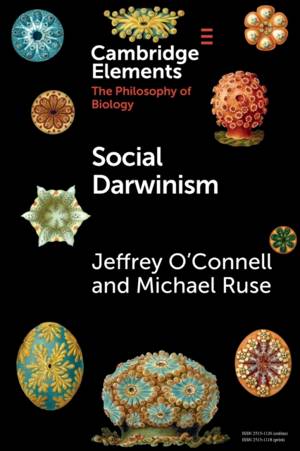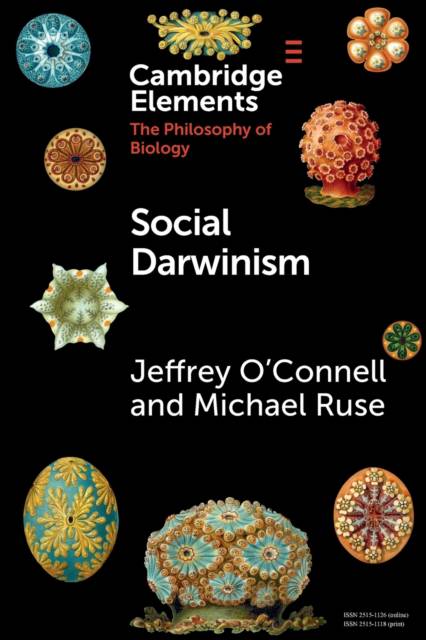
- Afhalen na 1 uur in een winkel met voorraad
- Gratis thuislevering in België vanaf € 30
- Ruim aanbod met 7 miljoen producten
- Afhalen na 1 uur in een winkel met voorraad
- Gratis thuislevering in België vanaf € 30
- Ruim aanbod met 7 miljoen producten
Zoeken
Omschrijving
This Element is a philosophical history of Social Darwinism. It begins by discussing the meaning of the term, moving then to its origins, paying particular attention to whether it is Charles Darwin or Herbert Spencer who is the true father of the idea. It gives an exposition of early thinking on the subject, covering Darwin and Spencer themselves and then on to Social Darwinism as found in American thought, with special emphasis on Andrew Carnegie, and Germany with special emphasis on Friedrich von Bernhardi. Attention is also paid to outliers, notably the Englishman Alfred Russel Wallace, the Russian Peter Kropotkin, and the German Friedrich Nietzsche. From here we move into the twentieth century looking at Adolf Hitler - hardly a regular Social Darwinian given he did not believe in evolution - and in the Anglophone world, Julian Huxley and Edward O. Wilson, who reflected the concerns of their society.
Specificaties
Betrokkenen
- Auteur(s):
- Uitgeverij:
Inhoud
- Aantal bladzijden:
- 75
- Taal:
- Engels
- Reeks:
Eigenschappen
- Productcode (EAN):
- 9781108793803
- Verschijningsdatum:
- 29/04/2021
- Uitvoering:
- Paperback
- Formaat:
- Trade paperback (VS)
- Afmetingen:
- 152 mm x 229 mm
- Gewicht:
- 117 g

Alleen bij Standaard Boekhandel
+ 63 punten op je klantenkaart van Standaard Boekhandel
Beoordelingen
We publiceren alleen reviews die voldoen aan de voorwaarden voor reviews. Bekijk onze voorwaarden voor reviews.











